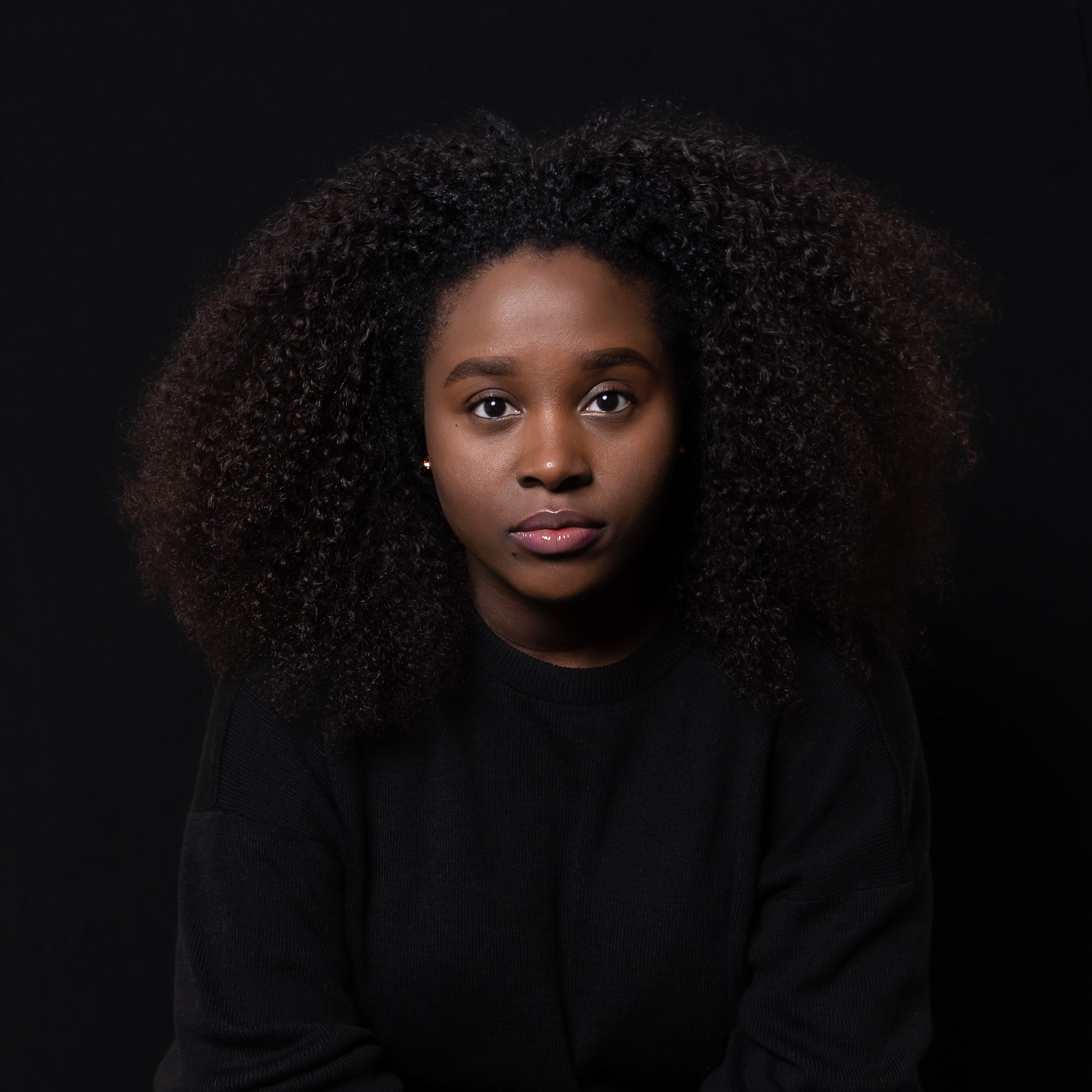We spoke to Abimbola Salami, winner of the Jericho Prize best short chapter book manuscript, about her children's fiction author journey so far.

1. Why do you enjoy writing for children? What attracted you to writing in this genre?
I enjoy writing for children because I’m yet to grow up myself. My friends and family will tell you that I’m notorious for saying what’s on my mind to the extent that I have to be cautioned before we go out. In that way, I can really relate to children and how they aren’t afraid to be their authentic selves. They are completely unfiltered and void of pretence – and I love that!
I find so much humour in their brashness and unpredictability and this is reflected in the personalities of my characters. I was drawn to writing for middle grade in particular, because that is the age where children really start to love reading and acquire their own personal tastes. They can also grasp more complicated concepts and so there’s more to play around with. It was in middle grade that I became obsessed with Jacqueline Wilson books and was always hungry for the next one. They always left me with a giddy feeling like I was on a high. I would love for my books to have that sort of impact on children.
2. Could you tell us a little bit about the story that won the Jericho Prize Best Short Chapter Book Manuscript 7-9?
My Jericho Prize story was called Mandy Must Go. Naturally, it was inspired by some of my eccentric Nigerian aunties and uncles that have raised me through the years. Generally, Nigerians can be very over the top so there’s never a dull day. The story was about a young British Nigerian girl called Abi who’s a bit of a loner. Abi has to choose between the desire to be popular and liked by her peers, which involves chasing away her painfully embarrassing Aunty Mandy, and the desire to grow closer to and learn from her Auntie Mandy; someone she has a genuine connection with an admiration for despite her strange ways. It touches on themes like bullying, belonging, and peer pressure, but also the importance of knowing who you are and having a strong sense of cultural identity.

3. As part of your prize, you have been mentored by publishing professionals to help develop your manuscript. How has the experience been? What things have you learnt about yourself as a writer?
The experience has been invaluable. As a writer I have a tendency to be in my head a lot and so sometimes it’s really helpful to hear somebody else’s perspective, especially somebody that has a better understanding of the industry and what works and what potentially could sell. I have had the opportunity to work with an editor that has given me really great feedback and helped me to hone my ideas and the script. I’ve also been given access to great writing resources. But more than anything this experience has given me a lot more confidence in my writing ability. I’ve learnt that, yes, I have a long way to go and yes, there are a lot of skills I need to learn and habits I need to hone, but I know now that I have the raw ability and that’s something that’s worth investing in. Being recognised has really given me the confidence to put myself out there, share my work, and pursue my dream of being a successful children’s author.
4. What’s your writing process like? Are you a pantser or a plotter?
My writing process is all over the place. It’s very much like waves, choppy and constantly changing. It’s something I’m learning to hone because I don’t think it’s sustainable.
I tend to be driven by emotion a lot when it comes to my writing. I have a vague concept which I allow myself to run free with and then I go back and make sure that it makes sense and is going in some kind of direction, and that it’s not just the ramblings of a mad woman. Given that, I’d say I’m in between a panster and a plotter. I’m a plontser.
5. Can you give us recommendations for your favourite kids books?
Noughts and Crosses by Malorie Blackman
Every Jacqueline Wilson book ever written
When Life Gives You Mangoes by Kereen Getten
Abimbola Salami is a British-Nigerian, born in Lagos and raised in Surrey, UK. She lives in Greater London with her husband and her imaginary dog, which she hopes to replace with a real dog, when her husband stops lying about being allergic. She loves to write stories centred around the eccentricities and quirks of the Nigerian family and culture, and in 2021 won the Jericho prize for a story about a painfully embarrassing and rambunctious Nigerian aunty. In her spare time Bim loves to pretend she’s Beyonce; dancing in front of the mirror and singing off - key. She hopes to bring laughter into the world with fun, fantastical middle- grade fiction led by black characters.
The Jericho Prize is for unpublished and self-published Black-British writers over the age of 18. This year they are looking for captivating picture book stories to inspire children aged 3 years plus. Entries open on 7th November 2022. To be in with a chance of winning a publishing contract with Scholastic UK, SCBWI membership, exclusive access to publishing professionals and more, check out the Jericho Prize website.
Comments